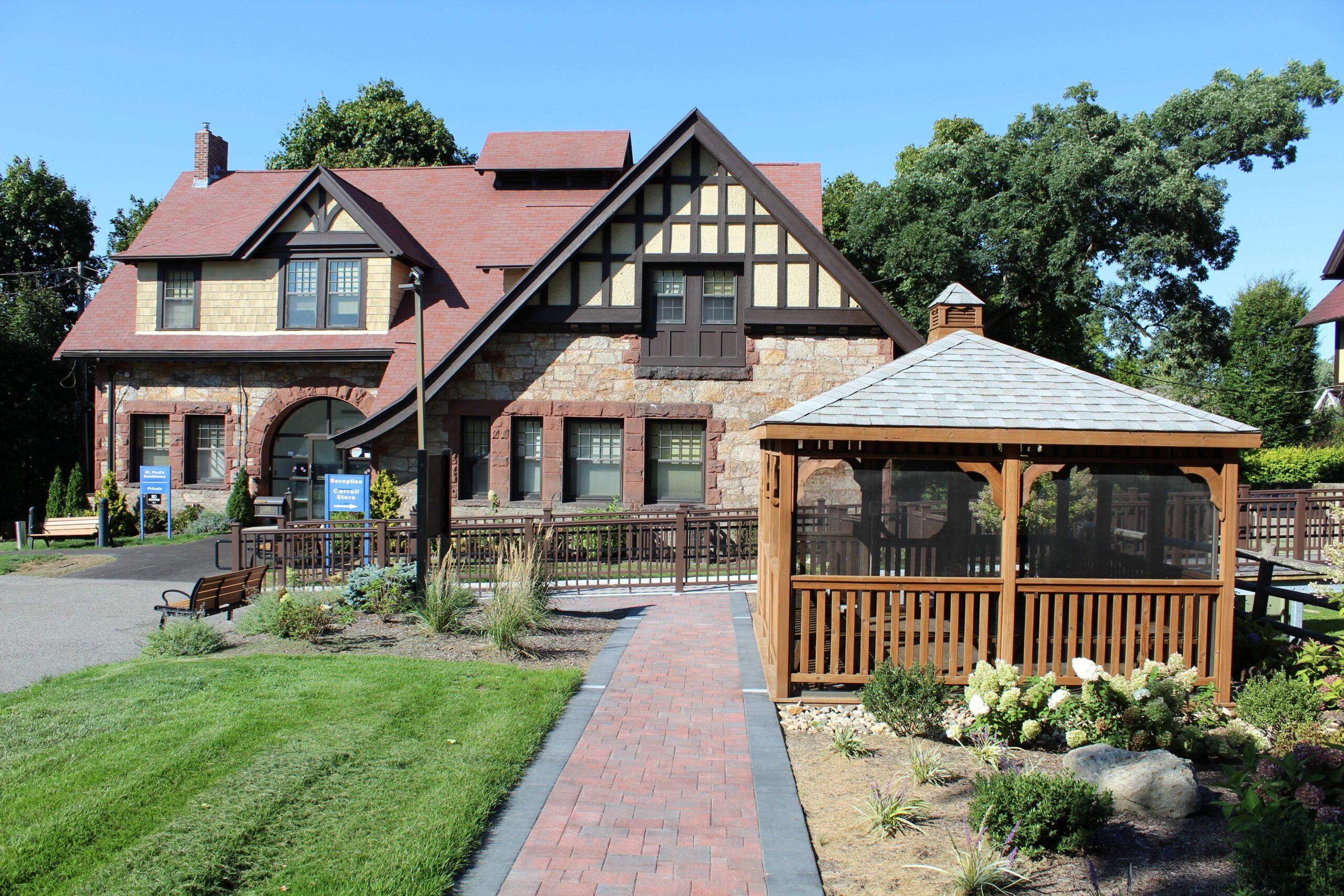Residential Rehabilitation
Take the first step on your path to independence.
Loss of vision often brings the loss of ability to do many everyday activities required for independent living and employment. As a result, the Carroll Center programs go beyond braille, white canes, and computer skills by providing classes and experiences that build self-confidence, emotional adjustment, and readiness for employment.
Richard L.
“The Carroll Center emboldened me to get out, to use public transportation, to move about with the white cane, and to find my way using all of my senses.”
Our residential rehabilitation programs provide crucial blindness skills and promote adjustment to vision loss through classes in safe travel (orientation and mobility), technology, adaptive home management and self-care, health and information management, counseling, fencing, woodworking and employment seminars. All clients will begin with a two-week evaluation to assess their current skills in these activities.
Living On Campus
The Carroll Center for the Blind is located in a suburban area just outside of Boston. A residential campus with dormitory living on-site provides a unique experience for every client and the opportunity to meet and live with other visually-impaired people. This allows them to share their stories and techniques learned and make new friends who share similar experiences as a result of vision loss.
Clients transitioning out of the family home into work and/or college settings benefit from establishing a network of peers on similar paths. Dining services provides meals, allowing clients to concentrate on training and their adjustment to blindness. Given the exceptional location of our campus, there is easy access to public transportation. Nearby retail businesses, restaurants, universities, and medical facilities also give clients easy access to cultural, recreational, and business opportunities—enabling them to apply travel skills through a variety of public transportation options.



